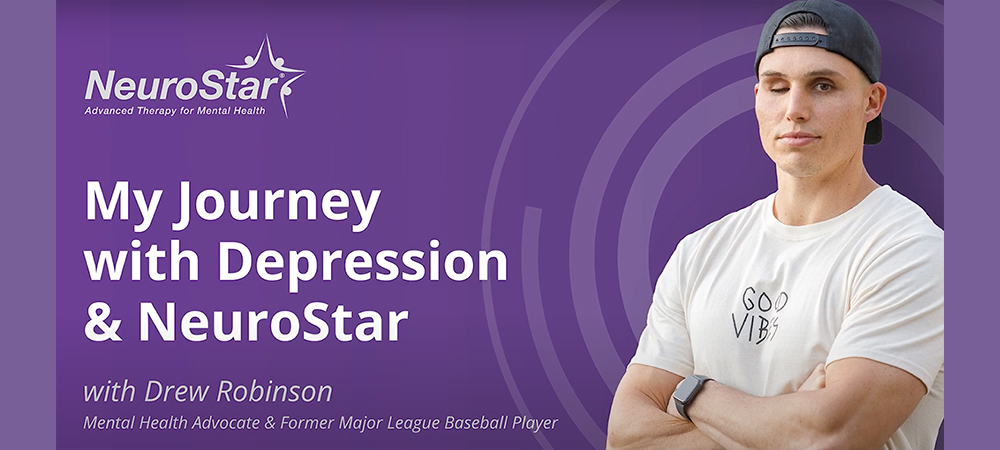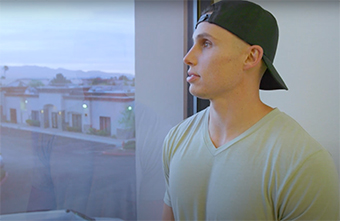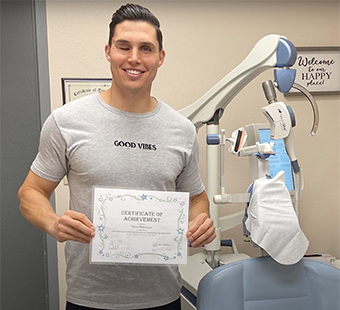Mental Health Advocate Drew Robinson Shares His NeuroStar TMS Journey

Each day, millions of people in the United States struggle with depression. To encourage others to seek life-changing support, mental health advocates are sharing their experiences with depression and TMS.

Watch Drew Robinson tell his story or read the summary below.
Before TMS therapy, depression made it “hard to function.”
TMS therapy stands for transcranial magnetic stimulation. It is a non-invasive procedure that can offer relief for depression.

Before NeuroStar Advanced TMS therapy, Robinson says that “depression made it hard to function as a professional athlete.” During the first year of the pandemic in 2020, Robinson’s depression hit a new low.
“My sadness became so overwhelming that I attempted suicide,” he shares. According to John Hopkins Medicine, women have more suicide attempts than men, but four times as many men attempt suicide. Luckily, Robinson survived his suicide attempt and began seeing a psychiatrist weekly.
His psychiatrist informed him about TMS therapy with NeuroStar; Robinson was curious about it.
Robinson noticed a difference after three weeks of NeuroStar TMS therapy.

After three weeks, Robinson felt a difference, especially in his energy levels. “Now that I’m finished with my treatments, I feel so much better,” Robinson reflects.
“I feel like I have this huge weight lifted off my chest.” After returning to Major League Baseball for a bit, Robinson decided to retire from his professional baseball career and help others by becoming a full-time mental health advocate.
Robinson is honest about how negative thoughts still occur, but he feels that after TMS, he has the energy to reframe those thoughts and patterns. Robinson expresses that his quality of life has improved. Watch Drew Robinson tell his story and learn more about how NeuroStar TMS has helped many people that struggle with depression.
At the end of the video, Robinson encourages other people struggling with mental illness to commit to something that makes them feel better.
NeuroStar TMS has helped bring relief to many people who struggle with depression. To learn more about TMS, you can request an appointment at Psychiatric Care Center in Redding or call (530) 221-7474 to speak with a mental healthcare professional.





